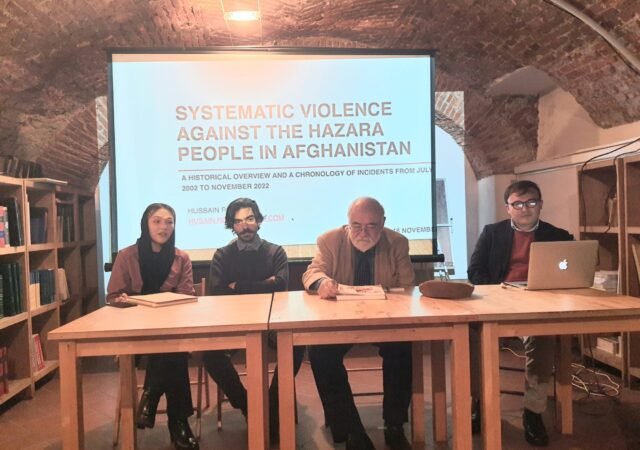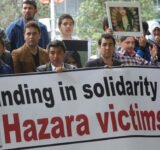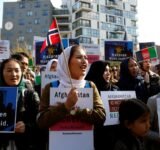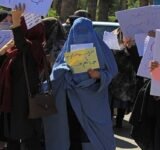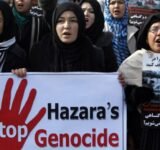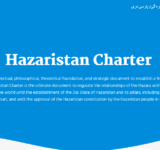On May 12, a terrorist attack targeted a maternity clinic run by Doctors Without Borders (MSF) in West Kabul, killing dozens of mothers and newborn children. The heinous attack brought Afghanistan’s lack of empathy for victims and the aggrieved Hazara ethnic group back to the limelight.
Despite decades of wars, the people of Afghanistan have a hard time empathising with victims. Afghans fail to acknowledge one another’s’ plight. This may partially be because they all feel victimised and affected by the prolonged war and see no community worthy of special understanding, but is largely and more importantly because of the lack of political will in the government.
Collective guilt is a fact for psychologists, wrote psychoanalyst Carl Jung in 1945, and the German people felt a pang of collective guilt (Kollektivschuld) for the atrocities against Jews during the Second World War. In countries with violent histories such as Germany and Rwanda, the state had taken specific measures to make sure communal strife and ethnic cleansing do not occur again. After the Second World War, Germans recognised the holocaust and worked hard not to repeat it. They actively tried to eradicate the far-right ideology. More recently, officials banned pro-Palestinian protests in Germany. This is indicative of the collective guilt the Europeans, in particular Germans, feel for their historic anti-Semitism and how they continue to seek atonement.
After the ethnic cleansing of Tutsis by Hutu extremists, the Rwandan government is run by a member of the Tutsi, and all sorts of ethnic identification or discrimination is criminalised and banned. The majority group, Hutus, feel guilty because of the genocide and continue to live under the government run by a member of the Tutsi group.
However, a similar feeling of historic guilt is absent in Afghanistan. Afghans cannot feel any guilt for the massacres, ethnic cleansing and violence perpetrated on the Hazaras, which is not only historical but continues unabated.


